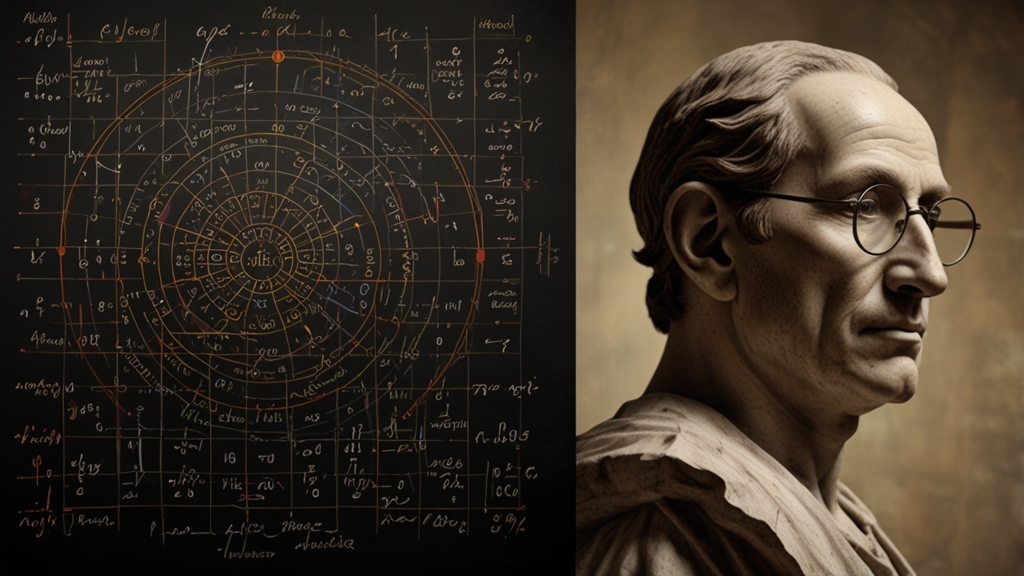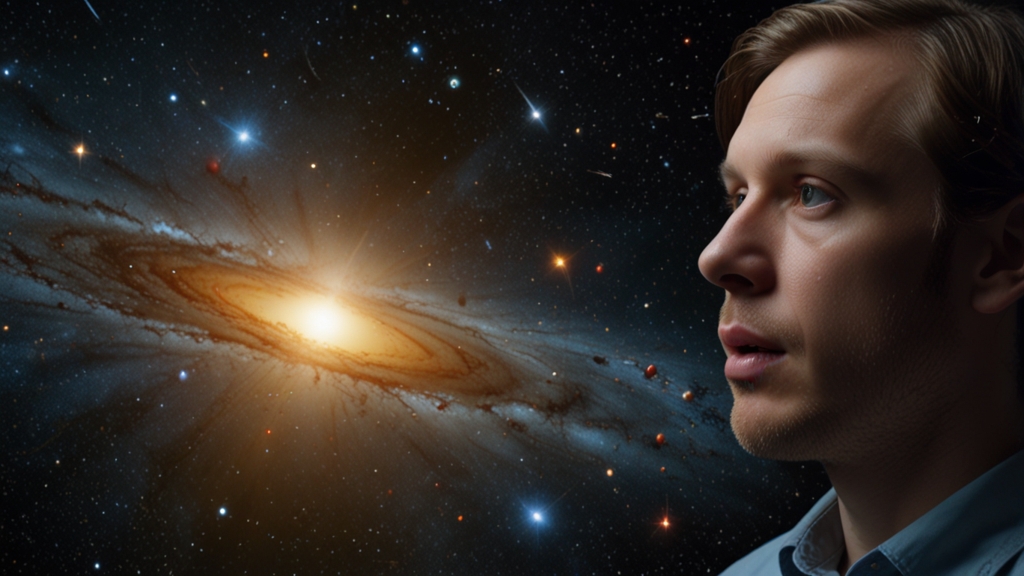The Fascinating History of Mathematics From Ancient Civilizations to Modern Day
Mathematics, often called the universal language, has a rich and enthralling history that stretches back to the dawn of human civilization. From counting sheep in ancient Mesopotamia to solving complex equations in the quantum era, mathematics has been an indispensable tool for advancement and understanding of the world.
Ancient Beginnings
The roots of mathematics can be traced back to ancient civilizations such as Mesopotamia, Egypt, and the Indus Valley. Around 3000 BCE, the Sumerians of Mesopotamia developed a numbering system based on 60, which is why we have 60 seconds in a minute and 360 degrees in a circle today. These early mathematicians used clay tablets to perform calculations essential for trade, agriculture, and astronomy.
“In ancient Egypt, mathematics became a means to understand and manipulate the natural world. The Rhind Papyrus, dating back to around 1650 BCE, contains approximations for π and solutions to linear equations.”—The Chronicles of Arithmetic
Similarly, the ancient Egyptians were adept at geometry, indispensable for constructing their awe-inspiring pyramids. They had a practical approach to math, working with unit fractions and solving problems related to land division, volume, and area.
The Hellenistic Era
The Greeks took mathematical inquiry to unprecedented levels between 600 BCE and 300 CE. Figures such as Pythagoras, Euclid, and Archimedes laid the foundations for many mathematical theories still in use today. Euclid’s "Elements" served as the cornerstone of geometry for centuries, while Archimedes made groundbreaking contributions to areas such as fluid mechanics and the concept of π.
“The knowledge from Greek mathematics was passed on through the works of Arabic scholars during the Islamic Golden Age. Translations and commentaries preserved these ancient texts and introduced new ideas.”—Mathematical Symbiosis Through Ages
The Islamic Golden Age
The Islamic Golden Age, stretching from the 8th to the 14th century, was a crucial period for mathematical expansion. Scholars such as Al-Khwarizmi, who is often considered the father of algebra, refined methods for solving quadratic equations and introduced the decimal positional number system. The works of these scholars eventually made their way to Europe, fueling the Renaissance.
The Renaissance and Beyond
The 16th and 17th centuries witnessed a mathematical explosion in Europe. René Descartes developed analytical geometry, merging algebra and geometry. Isaac Newton and Gottfried Wilhelm Leibniz independently invented calculus, a tool vital for physics and engineering. The Renaissance was also the age of mathematical rigor, as figures like Pierre de Fermat and Blaise Pascal laid the groundwork for probability theory.
The 19th and 20th Centuries
The 19th century saw mathematics become increasingly abstract. Carl Friedrich Gauss, often dubbed the "Prince of Mathematicians," made profound contributions to number theory and electromagnetism. Meanwhile, Évariste Galois developed group theory, which is fundamental to modern algebra.
The 20th century brought even more diversification. Alan Turing's work formed the cornerstone of computer science, while John von Neumann made strides in game theory. Developments in topology, chaos theory, and quantum mechanics revealed the vast potential that mathematics holds for explaining both the microcosm and macrocosm.
Modern Day Mathematics
Today, mathematics is more integral to our lives than ever before. It forms the backbone of technology, finance, medicine, and countless other fields. Advances in artificial intelligence, cryptography, and big data analytics rely heavily on complex mathematical models and algorithms. Institutions around the world continue to delve into both pure and applied mathematical research, ensuring that the evolutionary journey of mathematics is far from over.
From ancient civilizations to the modern digital age, mathematics has been a constant force driving human progress. It is a field both universal and ever-evolving, a testament to the boundless potential of human ingenuity.












